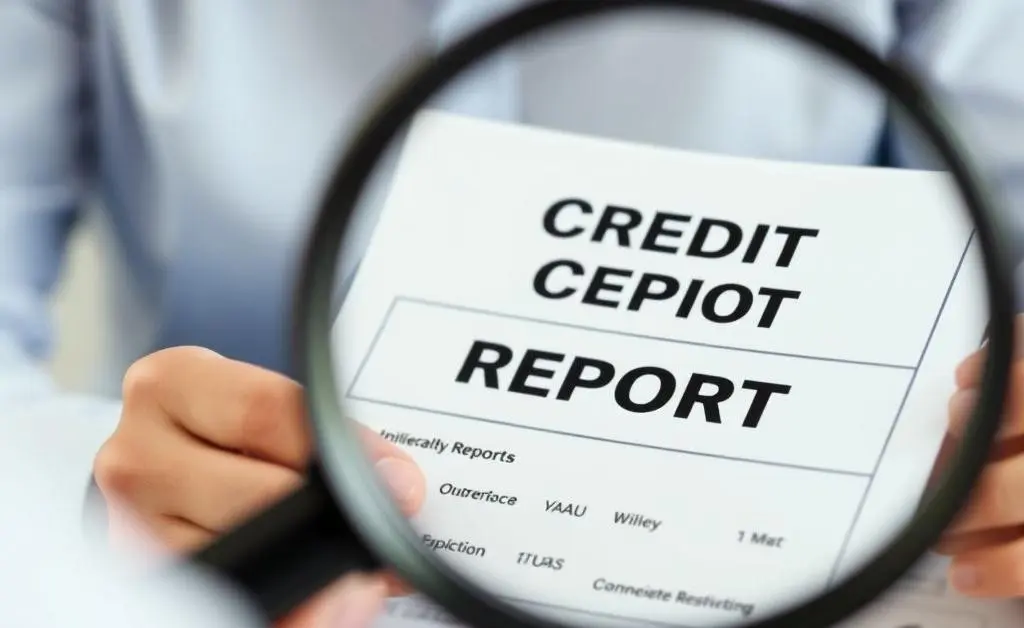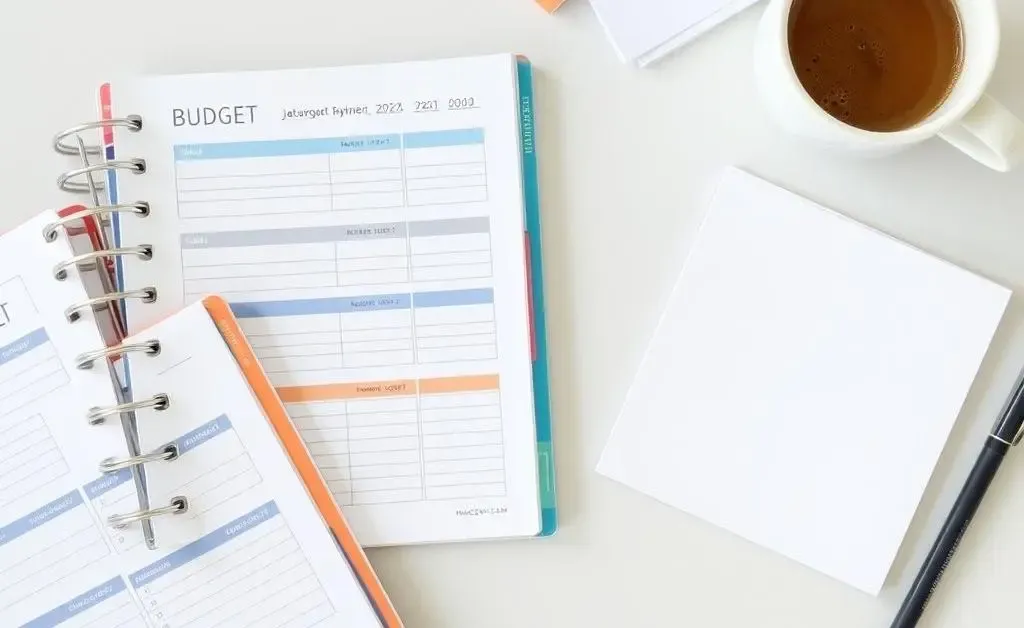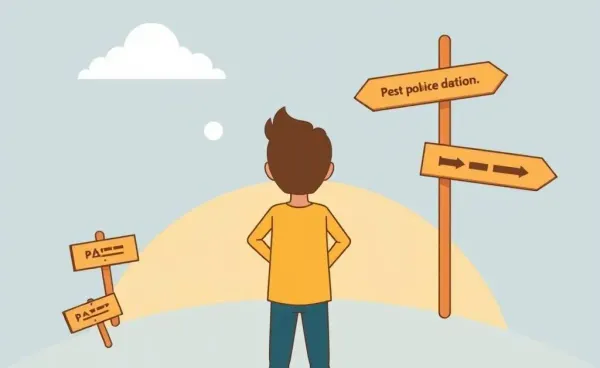How to Handle Debt Collection Lawsuits Like a Pro
Discover practical ways to respond when a debt collector sues you.

Have you ever received a letter that made your heart skip a beat, realizing a debt collector is taking legal action against you? If so, you're not alone. The prospect of being sued for debt is intimidating, but handling it doesn’t have to be a nightmare.
Understanding Your Debt
The first step to tackling a debt lawsuit is understanding exactly what you're dealing with. Dig through the paperwork to verify the debt amount, the creditor, and ensure it's yours in the first place. These checks help you decide on the best course of action.

Key Things to Check
- Is the debt yours?
- Is the amount accurate?
- Have you been served correctly?
Once you're certain about these details, you're better equipped to respond.
Responding to the Lawsuit
Ignoring a lawsuit isn't an option—it could lead to a default judgment against you. Here’s what you need to do:
1. Answer the Complaint: File a response to the lawsuit, also known as an “Answer”. This document tells the court you’re not ignoring the problem and details your defense.
2. Seek Professional Help: A reputable legal adviser can clarify your options and help craft your response for court. It might cost money, but the long-term benefit often outweighs the initial expense.

Negotiating a Settlement
If the debt is valid and you owe the money, consider contacting the creditor to negotiate a settlement. You might be surprised at how often collectors are willing to settle for less. It's a win-win: they get some of their money, and you shrink your financial burden.
I once watched a friend bargain down a debt from $5,000 to $3,000—what a relief it was for them! This is why it's worth taking a shot at negotiation.
Organizing Your Finances
After the dust settles, it’s time to focus on financial planning to prevent future incidents. Drafting a budget can help manage current debts and avoid accruing new ones. Start with listing your monthly income and expenses, then earmark funds specifically for debt repayment.

By taking proactive steps like these, you're saving future-you a considerable headache.
Conclusion
Arming yourself with knowledge and responding promptly are key strategies when hit with a debt collection lawsuit. Living debt-free might seem like a distant dream now, but with persistence and planning, it lies within reach. Have you ever faced a similar situation? How did you handle it?




